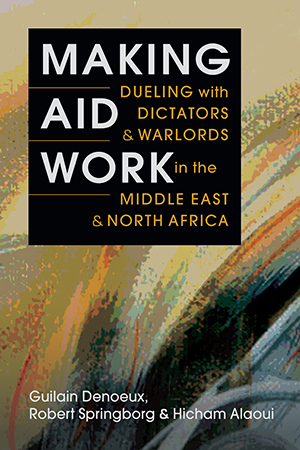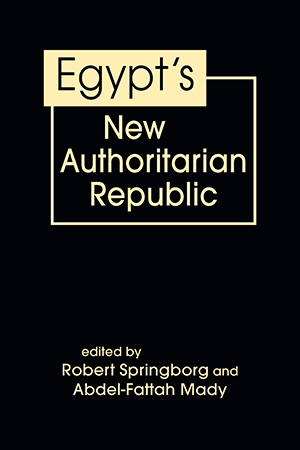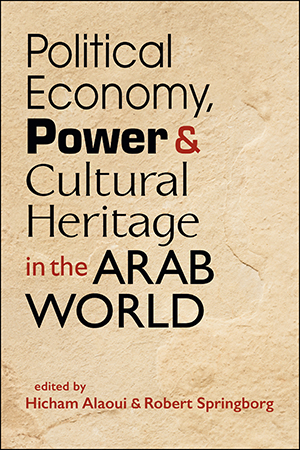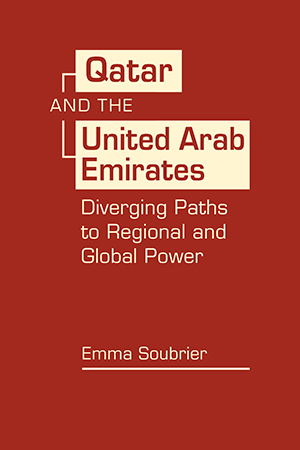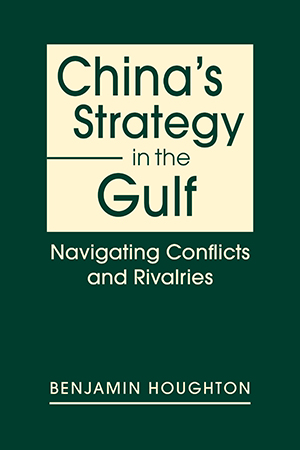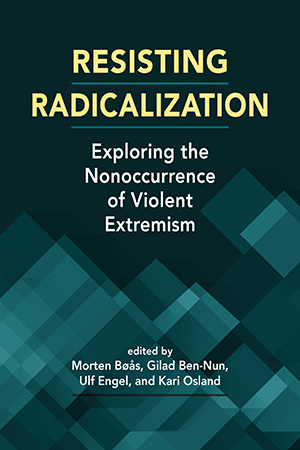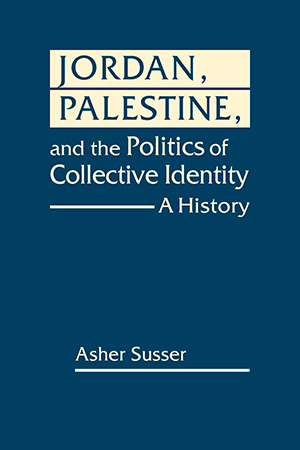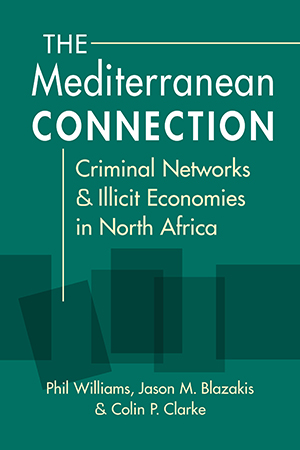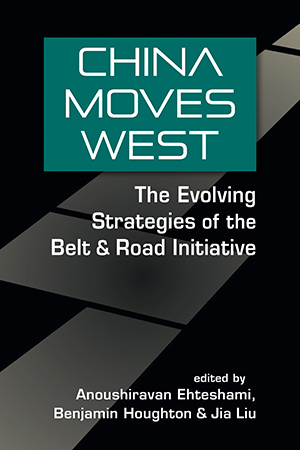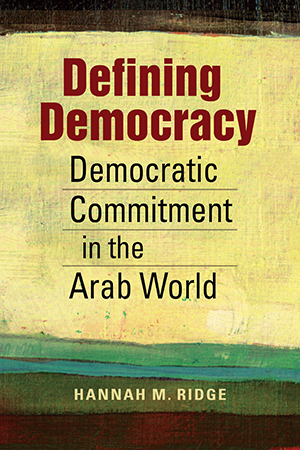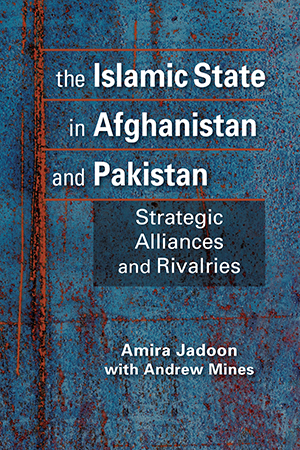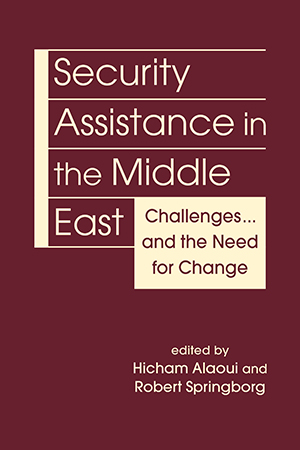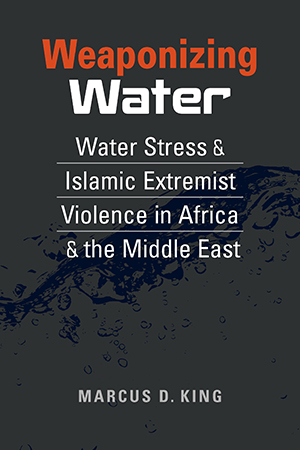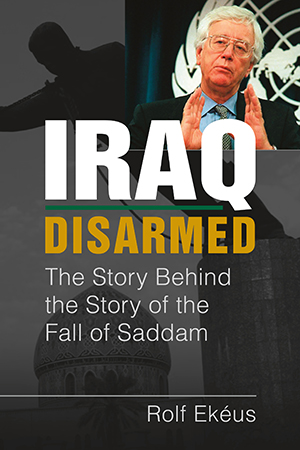Middle East
With hardening authoritarianism and state capture by militias exacerbating the challenges faced by providers of development and political aid across the Middle East and North Africa, how can More >
Egyptian President Abd al Fattah el-Sisi has sought to create a "New Republic," a stronger, more authoritarian state capable of positively transforming Egypt's polity, economy, More >
The authors of this groundbreaking, multidisciplinary collection are concerned with the growing politicization of cultural heritage in the Arab world. Adopting the unifying concept of More >
In the years following the turmoil of the Arab Spring, Qatar and the United Arab Emirates jockeyed for power, becoming significant forces—and rivals—in regional politics. Emma More >
China's foreign and security policy in the Gulf region has been characterized by the cultivation of strong positive relationships with all of the Gulf states, irrespective of their More >
Discussions of democratic backsliding typically include examples from Hungary, Poland, Turkey, and even the United States, but rarely a mention of Israel. Neta Oren asks: Should scholars More >
Precarious living conditions across the Balkans, the Middle East, and North Africa create fertile ground for radical ideas. Yet, despite genuine grievances and legitimate grounds for anger, More >
In a sweeping narrative, Asher Susser traces the evolution of Jordanian politics through the prism of the kingdom's policies toward Palestine and the Palestinians. Susser shows how More >
Smuggling and trafficking activities have intensified throughout North Africa in recent years, threatening both fragile economies and human security. The authors of The Mediterranean More >
In September 2013, Xi Jinping announced the launch of a Chinese-led megaproject, the Belt and Road Initiative, that would transform Asia's position within the global economy. Some ten More >
The Middle East and North Africa comprise by all measures one of the least democratic regions in the world. At the same time, decades of research show robust support for democracy among MENA More >
The deadly attack on Kabul's airport in August 2021 shocked the world and brought concentrated attention to the Islamic State Khorasan Province (ISK). New questions quickly arose: How More >
Why, given the enormous resources spent by the US and Europe on security assistance to Arab countries, has it led to so little success? Can anything be done to change the disheartening More >
Drought, lack of access, poor quality … water supplies are in jeopardy across Africa and the Middle East. These same areas are rife with conflicts involving Islamic extremist groups. More >
"The quest to disarm Iraq took place between two wars—one justified and right, the other a dreadful mistake, a violation of international law that led to hundreds of thousands of More >



